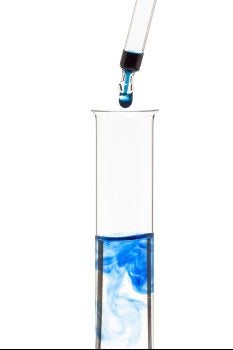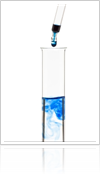With the summer season nearly here, now is a great time to plan a new swimming pool installation serving Salt Lake City . With help from a reputable pool contractor, you will be able to create the quality swimming pool of your dreams. After you install your new pool and water feature, you will need to care for your pool with routine
 swimming pool maintenance. By keeping the water chemistry balanced in your pool, you will be able to ensure that your pool is clean and inviting for your family and guests. Read on for a closer look at how to test your pool’s water.
swimming pool maintenance. By keeping the water chemistry balanced in your pool, you will be able to ensure that your pool is clean and inviting for your family and guests. Read on for a closer look at how to test your pool’s water.
Langelier Saturation Index Calculator
The Langelier Saturation Index Calculator, or LSI, is a method for determining whether your pool may be prone to developing chemical scaling. The term chemical scaling is used to describe any sediment or buildup that is created by too many chemicals in your pool. To calculate the LSI of your pool water, you will need to measure the pH, conductivity, dissolved solids, and alkalinity of your pool. If your results suggest that your pool is at risk of scaling, you will need to balance your chemicals.
pH Testing
If you are seeking the most crucial test for your swimming pool water , you may want to perform a pH test. The pH of your pool is a measurement of the total acidity of your water. Since a pool with a high or low pH will not be inviting for swimmers, this is among the most important measurements that you can perform as a pool owner.
Calcium Hardness
To prevent corrosion and other issues in your pool, you may also want to perform a test for calcium hardness. With a calcium hardness test, you will measure for the amount of dissolved solids in your pool water. Your swimming pool contractor can perform this test on your behalf. All you will need to do is supply a pool water sample to your pool technician.

